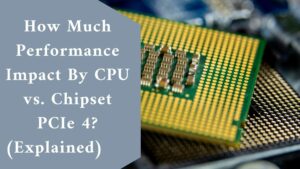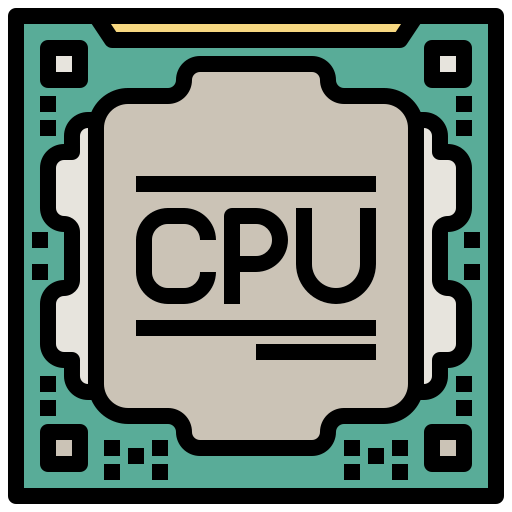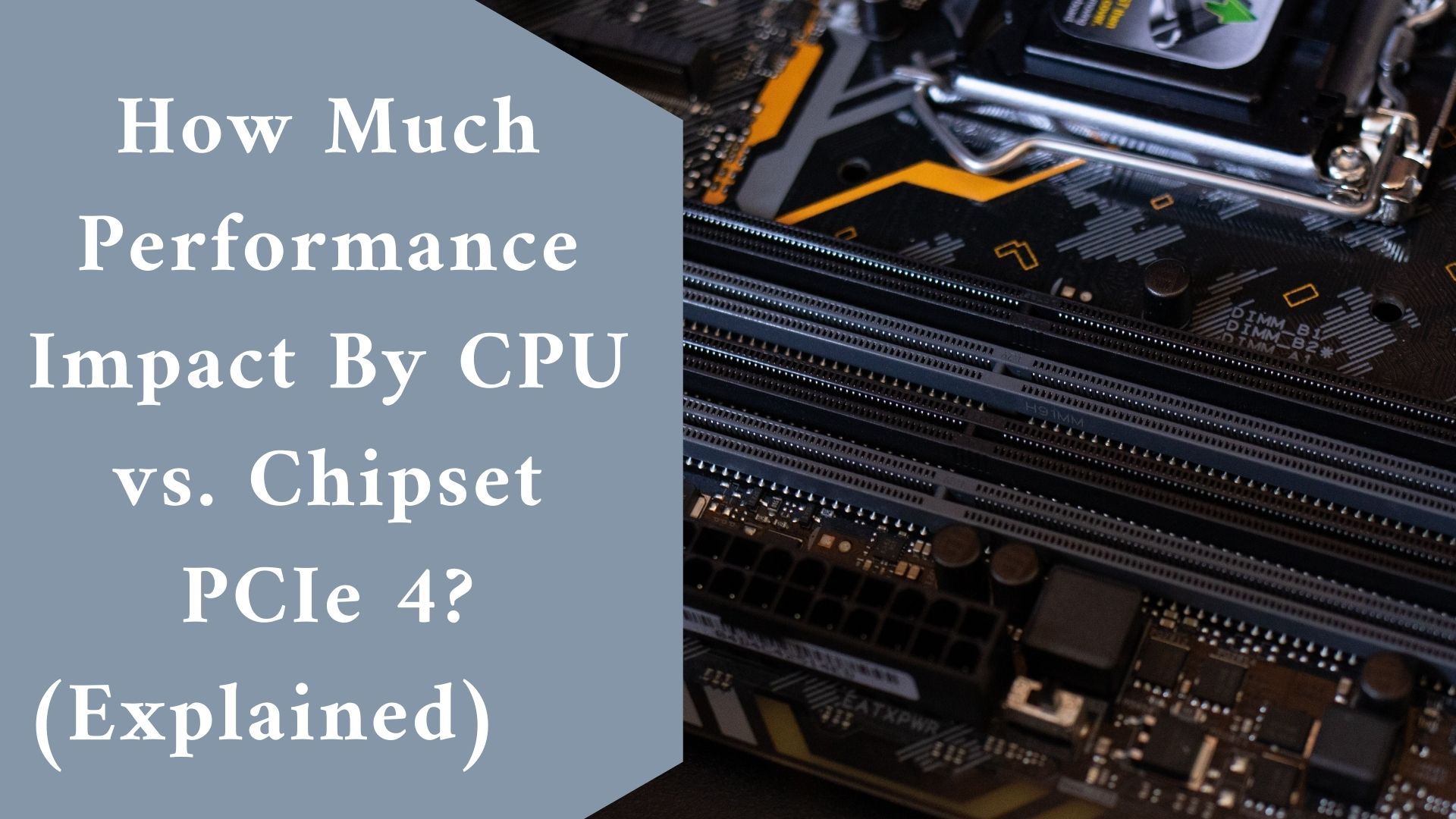CPUs are chips that perform calculations and help run your computer. CPUs can be compared to the brain of your computer, which sends instructions to other parts of the system.
Chippable processors are great for people who want more power for their money, but these processors can limit storage space and memory capacity.
The PCIe is a very fast connection between a motherboard and the CPU. It is used to connect both the processor and graphics cards to the motherboard.
The main difference between a CPU and chipset PCIe is that the former does not have any memory or storage devices connected with it, whereas the latter has all of these components.
The CPU vs chipset PCIe debate is a hot topic in the computer industry. It comes down to whether you want your computer to have all of its processing power on a single chip or spread it out over multiple chips.
How Much Performance Impact By CPU vs. Chipset PCIe 4?
The difference between a CPU and a chipset PCIe 4 is that the CPU has the ability to execute code inside of the processor, while the chipset PCIe 4 is limited to what the integrated graphics card can do.
CPUs and chipsets have different performance impacts by PCIe 4. In general, a CPU has better performance than a chipset but it is not always true. The difference between PCIe 4 and PCIe 3 will be more visible in artificial benchmarks.
The difference between a CPU and a chipset PCIe 4 is that the CPU has the ability to execute code inside of the processor.
According to Drazen Zoric (an CPU expert) Said a Ryzen 3xxx/5xxx has PCle lanes for expansion slots (16), 4 lanes for NVMe and 4 lanes for chipset.
For example NVMe PCIe lanes will work independely of CPU and everything else connected to PCle.
But, NVMe connected to chipset will have to share 4 lanes with everthing else connected to the chipset, e.g. USB, LAN, etc. If file is copied between NVMe and USB 3.2 Gen 2×2, lanes between CPU and chipset must be shared. That’s like two users using same internet connection.
Impact will be visible when PCle becomes saturated what is quite difficult for PCIe-4 (16 GT/s Per lane, for simplicity lets say 16 GBs). USB 3.2 Gen 2×2 in best case could achieve 20 GBs (real throughput is lower, cca 15 GBs. So , single Pcle lane is enough for USB 3.2 and other 3 are more than enough for fastest NVMe (in reality lanes are not split).
But running two NVMes on chipset will be possible to saturate. Fastest PCIe-4 NVMe in Best-case scenario reaches 8GBs or 64 GBs while 4 PCle-4 lanes are also 64 GBs. Not sure though if it’s possible to directly transfer data between two NVMes avoiding CPU- something like DirectSorage where NVMe is directly connected to GPU.

Performance Impact By CPU Vs Chipset PCIe 4
PCIe 4 will offer enough bandwidth to make a difference for hard drives and GPUs. But it’s not going to change anything overnight.
Users won’t suddenly be able to transfer terabytes of data in seconds over PCIe 4. The performance improvements will be gradual, with SSDs seeing the biggest benefit early on, and GPUs with more aggressive memory compression seeing a bigger boost later on.
A CPU can run tasks at the same time as they are being executed by another application. It’s like having two computers in one: one computer that runs code and another computer that processes data.
The CPU can also handle more complex tasks than a single-core processor can, like running multiple programs at once in windows task manager.
A chipset PCIe 4 does not have this ability because it is limited to only processing data. A chipset PCIe 4 has one or more integrated graphics cards (IGC).
These IGCs are designed for things like gaming and video editing, but they’re not made for running multiple applications at once like a high-end CPU.
The best way to compare performance between CPUs and chipsets PCI-E 4 is through benchmarks such as SPECint_rate2006 and SPECfp_rate2006 which test how fast your system can perform certain tasks on an Intel Xeon 2 quad-core processor with 6MB cache running at 2GHz with a single thread running on all cores simultaneously.
Final thought
If you’ve been wondering about the effects of PCIe 4 on hard drives and graphics cards, we hope we’ve given you an overview that helps you distinguish fact from fiction.
As you can see, PCIe 4 will offer enough bandwidth to make a difference for hard drives and GPUs. But it’s not going to change anything overnight.
Users won’t suddenly be able to transfer terabytes of data in seconds over PCIe 4. The performance improvements will be gradual, with SSDs seeing the biggest benefit early on, and GPUs with more aggressive memory compression seeing a bigger boost later on.
Related Article:

